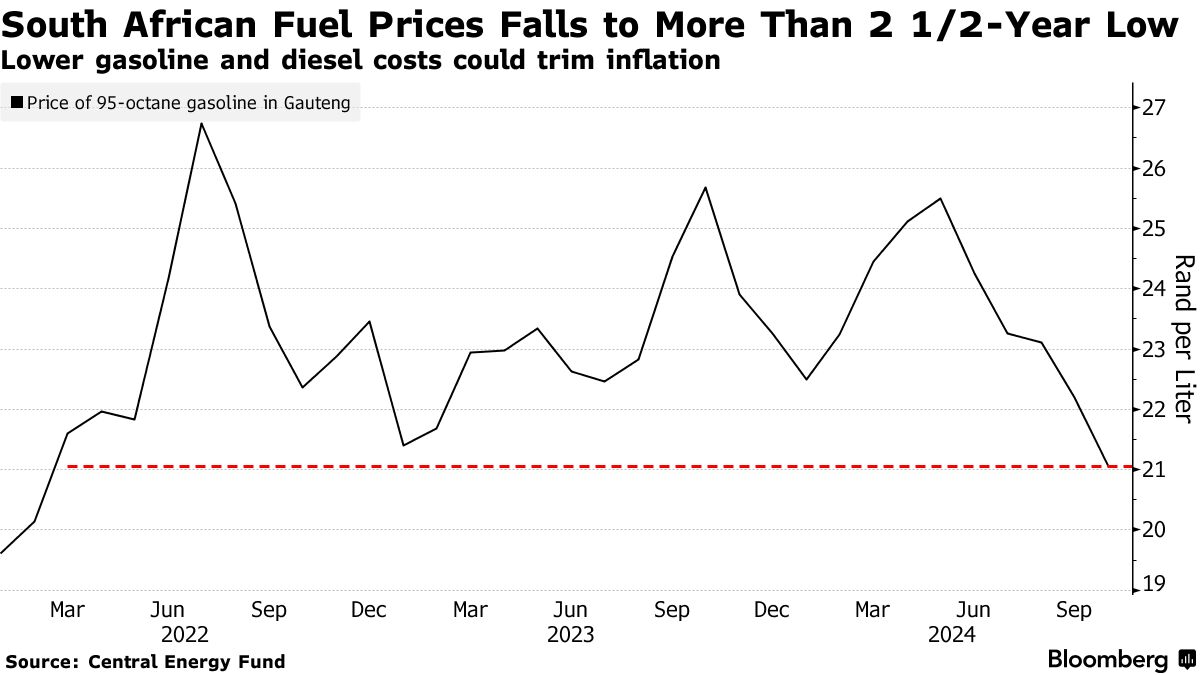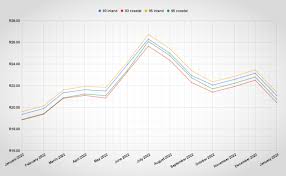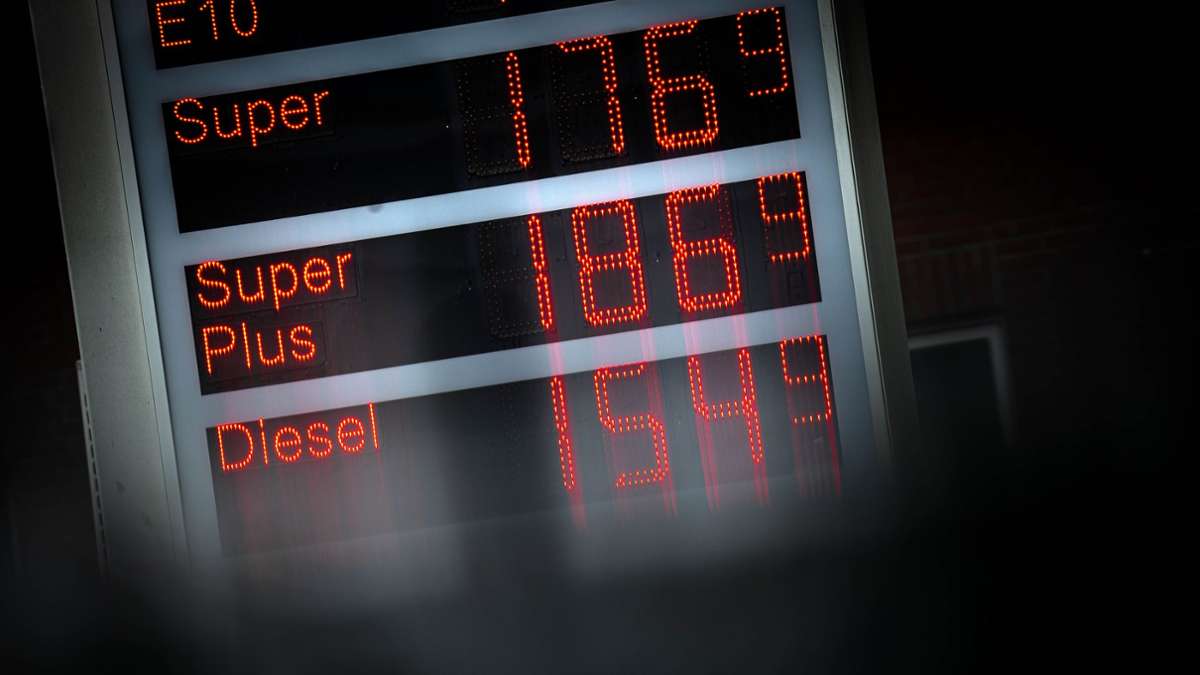Introduction
Petrol prices in South Africa have become a crucial concern for motorists and the economy as a whole. With fuel being an essential component of daily life, fluctuations in petrol prices directly affect transportation costs, consumer spending, and inflation. Recent changes have raised concerns about how these price adjustments influence economic recovery and the cost of living for citizens.
Recent Fuel Price Changes
As of October 2023, South Africa experienced another petrol price hike, with unleaded petrol soaring by R1.12 to R23.20 per litre, while diesel increased by R1.19 to R20.31 per litre. This is attributed to several factors, including the rising international crude oil prices and the weaker Rand against the US dollar. The Department of Mineral Resources and Energy regularly reviews fuel prices, and the latest adjustments were implemented on October 4, 2023.
Factors Influencing Prices
There are multiple components influencing petrol price changes in South Africa. The international oil market plays a significant role, as global demand and geopolitical tensions can cause volatility. Additionally, the currency exchange rate impacts the import costs of crude oil. Local taxes and levies, including the Road Accident Fund levy and fuel levies, also contribute significantly to the final price at the pump.
The Economic Impact
The rising petrol prices are expected to have a ripple effect on South Africa’s economy. Transport costs will rise, impacting food prices and other goods. Economists warn that sustained increases could lead to higher inflation rates, which would further strain consumers. Analysts are closely watching the situation, as many households are already grappling with the higher cost of living.
Looking Ahead
Experts forecast that unless there is a significant stabilization in both the global oil markets and the Rand’s value, petrol prices may continue on an upward trajectory. The impact of these costs will be felt most acutely by low- and middle-income families, who spend a larger proportion of their earnings on transport and essential goods. Local Government and health care sectors are proposing solutions for aiding those in need, including transport subsidies, to mitigate the effects of rising fuel costs.
Conclusion
In summary, the current trends in petrol prices in South Africa highlight an essential aspect of the national economic landscape. With ongoing international and domestic factors, motorists and policymakers must remain vigilant. Continued monitoring and strategic responses will be crucial as the country navigates these economic challenges.


